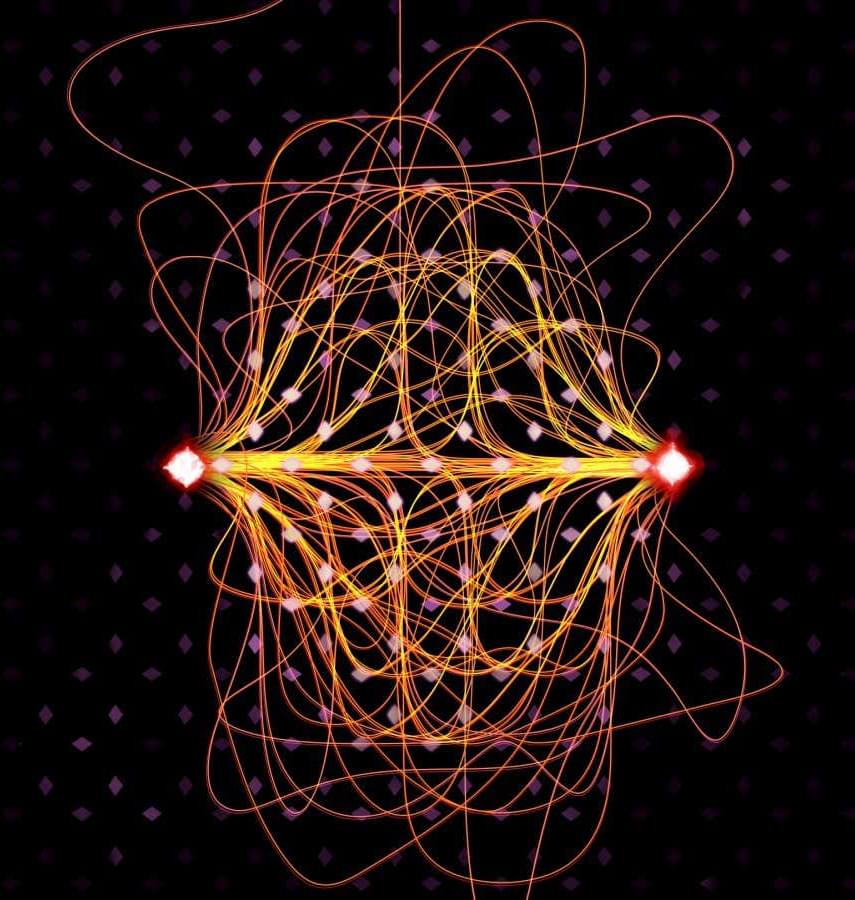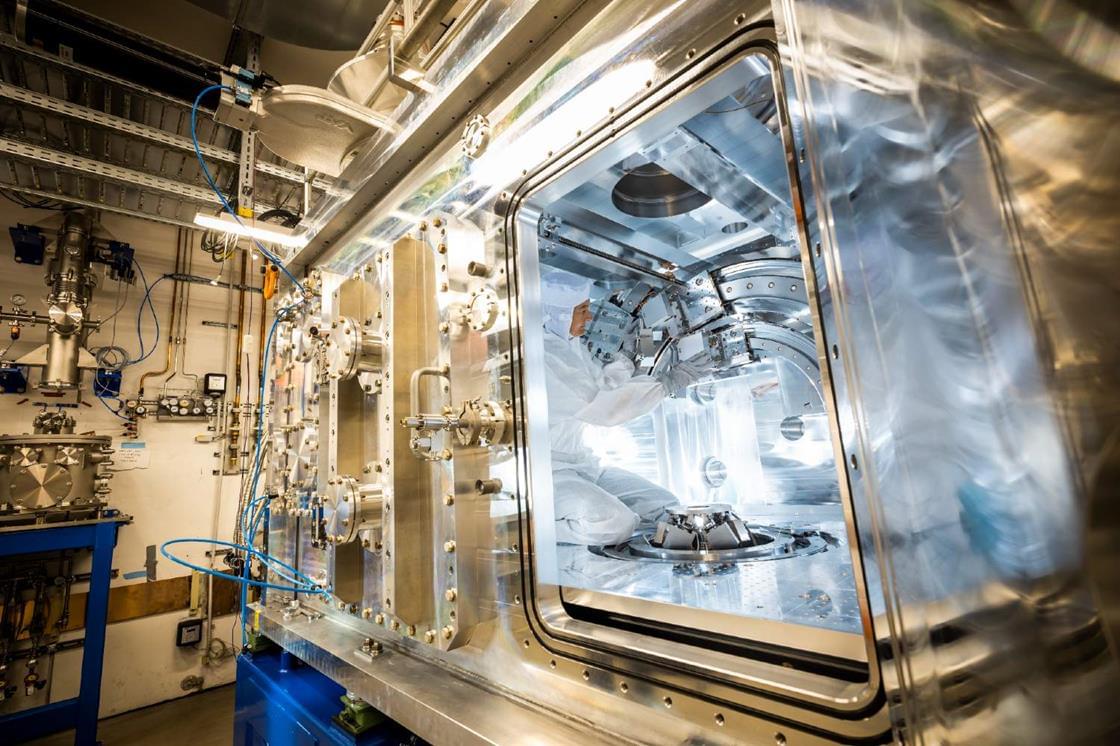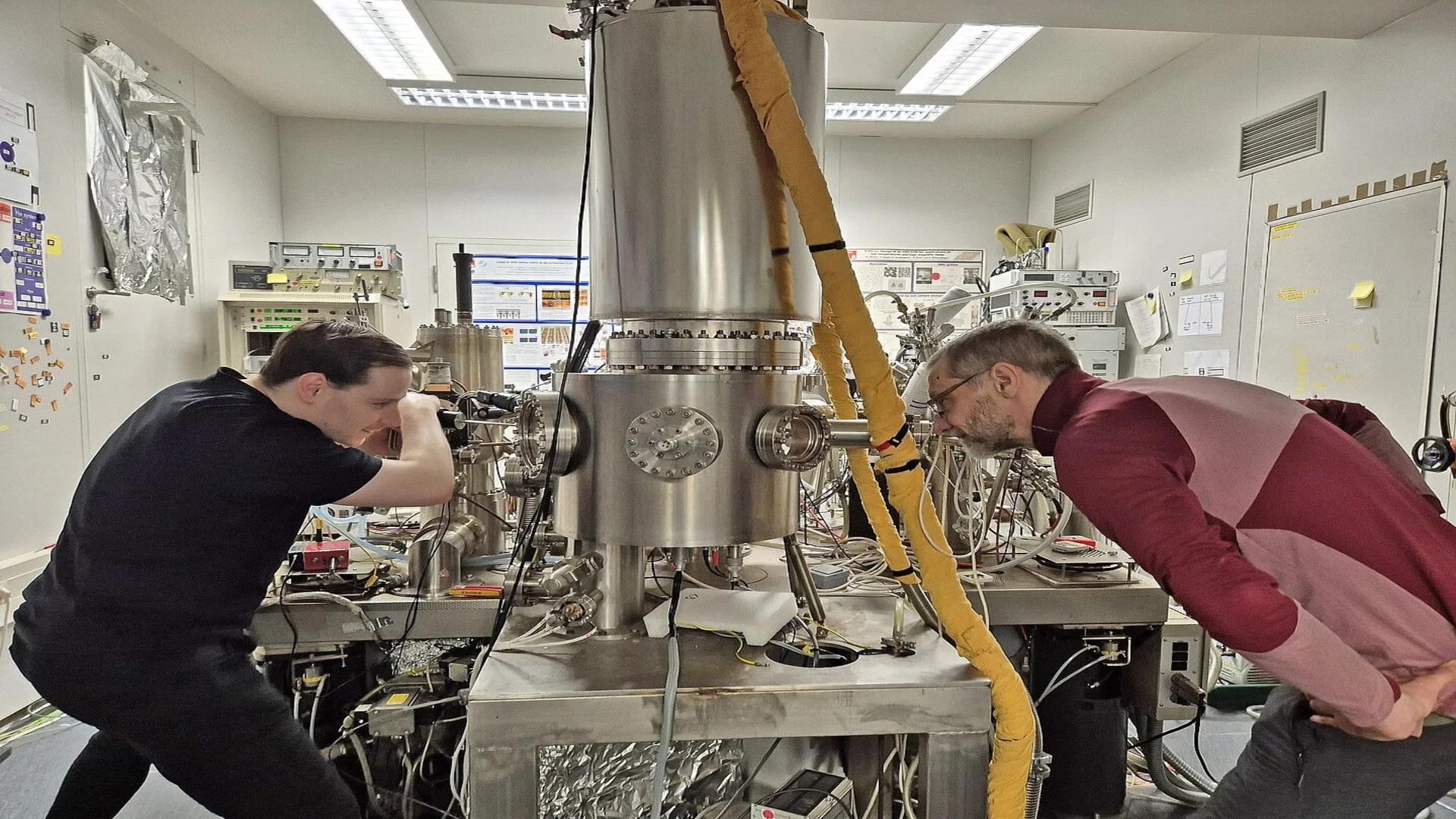Imagine getting a tattoo… that can track your health, location, or identity — and you don’t even need a device. Sounds like sci-fi? It’s real. Scientists have developed futuristic electronic tattoos that use special ink to monitor your body in real-time — from heart rate to hydration — and even transmit data without chips or batteries. But here’s the catch… could this breakthrough be the future of medicine? Or is it a step too close to surveillance under your skin?
Let’s explore how these tattoos work, what they can really do, and the wild implications they might have for your health — and your privacy.
🔔 Subscribe now for more mind-blowing science and tech stories!
Credit:
ScienceVio / YouTube.
Seeker / YouTube.
CUHK Engineering / YouTube.
NewsNation / YouTube.
Animation is created by Bright Side.
Music from TheSoul Sound: https://thesoul-sound.com/




